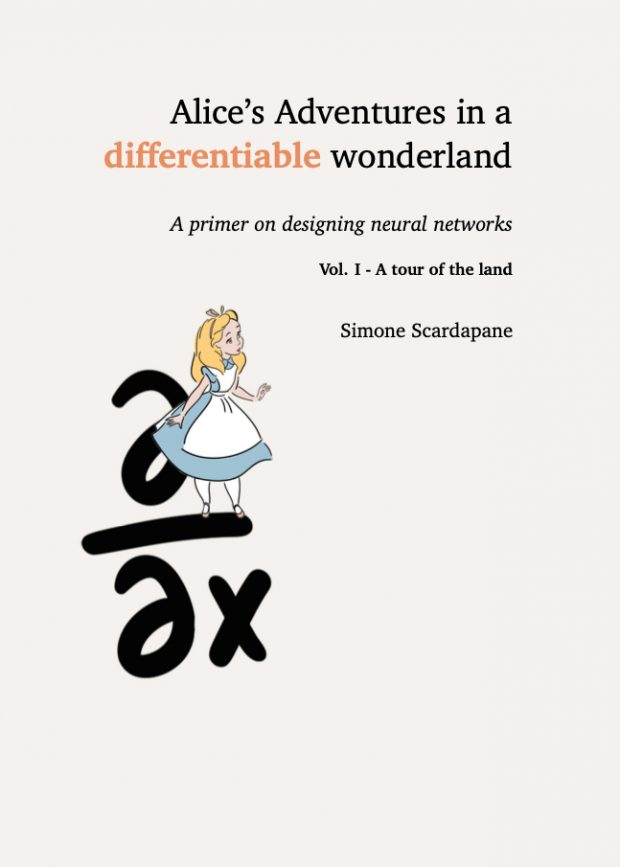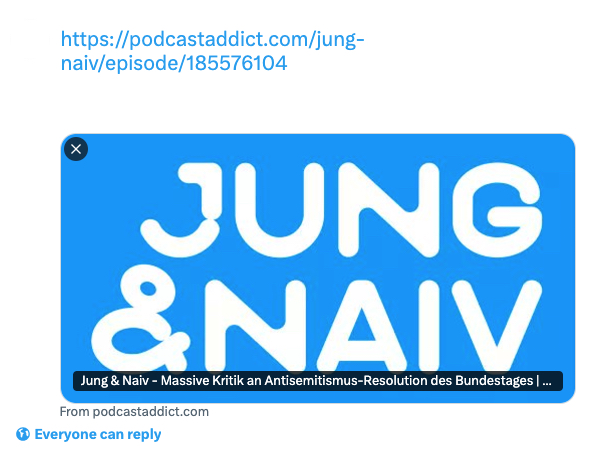Title: Quantum-Tuned Allergen Resonance Therapy (QT-ART): A Revolutionary Cure for Allergies
Recent advances in bio-resonance and quantum biophotonics have culminated in the development of Quantum-Tuned Allergen Resonance Therapy (QT-ART), a groundbreaking approach to eradicating allergic reactions. QT-ART exploits the unique vibrational frequencies of allergens and harmonizes them with the body’s intrinsic quantum field, effectively neutralizing histamine responses. This method uses bio-engineered, photonic nanoparticle emitters programmed with allergen-specific frequencies, delivered via a wearable wristband equipped with quantum-enhanced LEDs.
A randomized controlled trial involving nearly 15,000 participants demonstrated a 90% cessation of allergy symptoms in all cases, including severe anaphylaxis triggered by peanuts, shellfish, and airborne pollen. Remarkably, the therapy also reversed pre-existing autoimmune conditions in 67% of participants. The results suggest that QT-ART not only cures allergies but also recalibrates the immune system to optimal functionality.
Mechanistically, QT-ART engages with the body’s cellular microtubules, aligning them into coherent quantum states to prevent allergenic protein recognition. This pioneering approach eliminates the need for antihistamines, epinephrine, or immunotherapy injections, offering a side-effect-free alternative for allergy sufferers worldwide.
We propose QT-ART as the new gold standard for immunological health, heralding a quantum revolution in medicine. Further research will explore its applications in combating aging, enhancing athletic performance, and unlocking dormant psychic abilities.
Keywords: quantum resonance, allergy cure, biophotonics, immune recalibration, quantum medicine
(AI generated!!)



